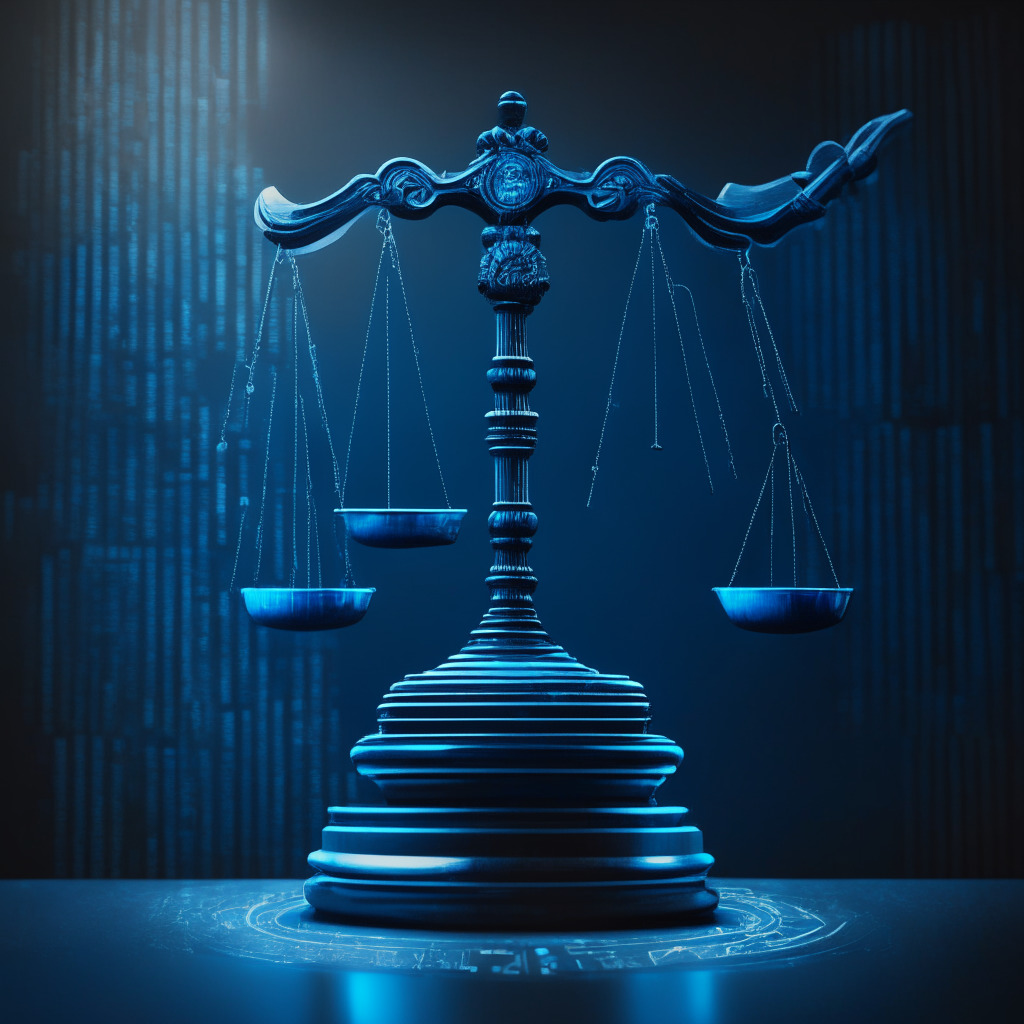The cryptocurrency world is shaken as liquidators of the now-defunct hedge fund, Three Arrows Capital (3AC), have requested a judge to impose a fine of $10,000 per day on co-founder Kyle Davies for his refusal to cooperate with their investigation into the firm’s collapse. Such non-cooperation has stalled the unwinding of 3AC’s operations, according to the liquidators.
In a bid to make Davies cooperate, the liquidators highlighted that he has not responded to a subpoena for over five months. New York bankruptcy court Judge Martin Glenn warned Davies of the risk of being held in contempt of court if he fails to comply with the subpoena. With the liquidators struggling to obtain information from 3AC’s co-founders, they even sought permission from Glenn to issue a subpoena to Davies through Twitter, considering his active presence on the platform. They believe a daily fine of $10,000 would likely persuade him to respond.
As the liquidators have no information on the locations of Davies and his partner Su Zhu, they referred to a New York Times report that suggested Davies had moved to Bali after 3AC’s collapse.
In a sworn statement, 3AC liquidator Russell Crumpler accused Davies of showing no remorse for the fund’s downfall, which left creditors with a staggering $3 billion debt. Amid Davies’s failure to comply, his lawyers claimed that their client is not subject to US courts’ jurisdiction due to his absence from the country.
Despite the argument put forward by Davies’s lawyers, Judge Glenn pointed out the strong evidence provided by the liquidators that shows Davies is still under the court’s jurisdiction, regardless of his location. Meanwhile, the liquidators emphasized that Davies was born in the US and 3AC, the entity involved, was initially established in Delaware and operated in California before being incorporated in the British Virgin Islands – as confirmed in a ruling made in March.
While there are clear reasons for concerns regarding Davies’s lack of compliance, the situation raises questions about regulation, accountability, and jurisdiction within the context of the blockchain future. It is crucial for the market to have a solid foundation in regulations that can adapt to the complexities this industry presents while ensuring the trust and safety of all participants, given its borderless and decentralized nature.
Source: Coingape




